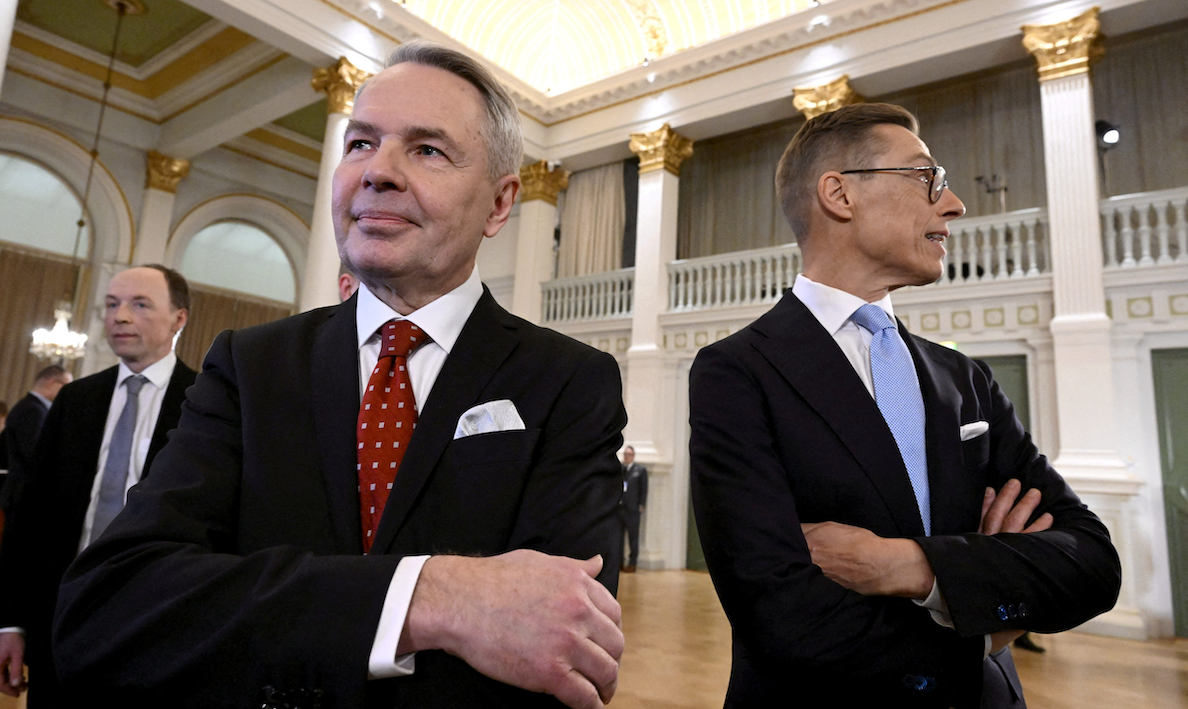Voters in Finland will choose their new president on Sunday. The president controls military and security policy – a significant position since Finland joined NATO last year in response to its neighbor Russia invading Ukraine.
The candidates: The front-runner is center-right candidate Alexander Stubb. Stubb, who is viewed as a pro-European globalist, previously served as prime minister and foreign minister and as a member of the European Parliament. He is running against center-left Pekka Haavisto, a Green League member and former United Nations diplomat, who would be the country’s first openly gay president if elected.
During their campaigns, both candidates veered toward the political middle and were vocal supporters of Ukraine and of closing the border with Russia after Finland observed an influx of migrants entering through its eastern border without visas in 2023.
Where things stand: Stubb narrowly won the first round of voting in January and is leading Haavisto by at least 6 points in the polls. The results are expected to come in shortly after polls close on Sunday.